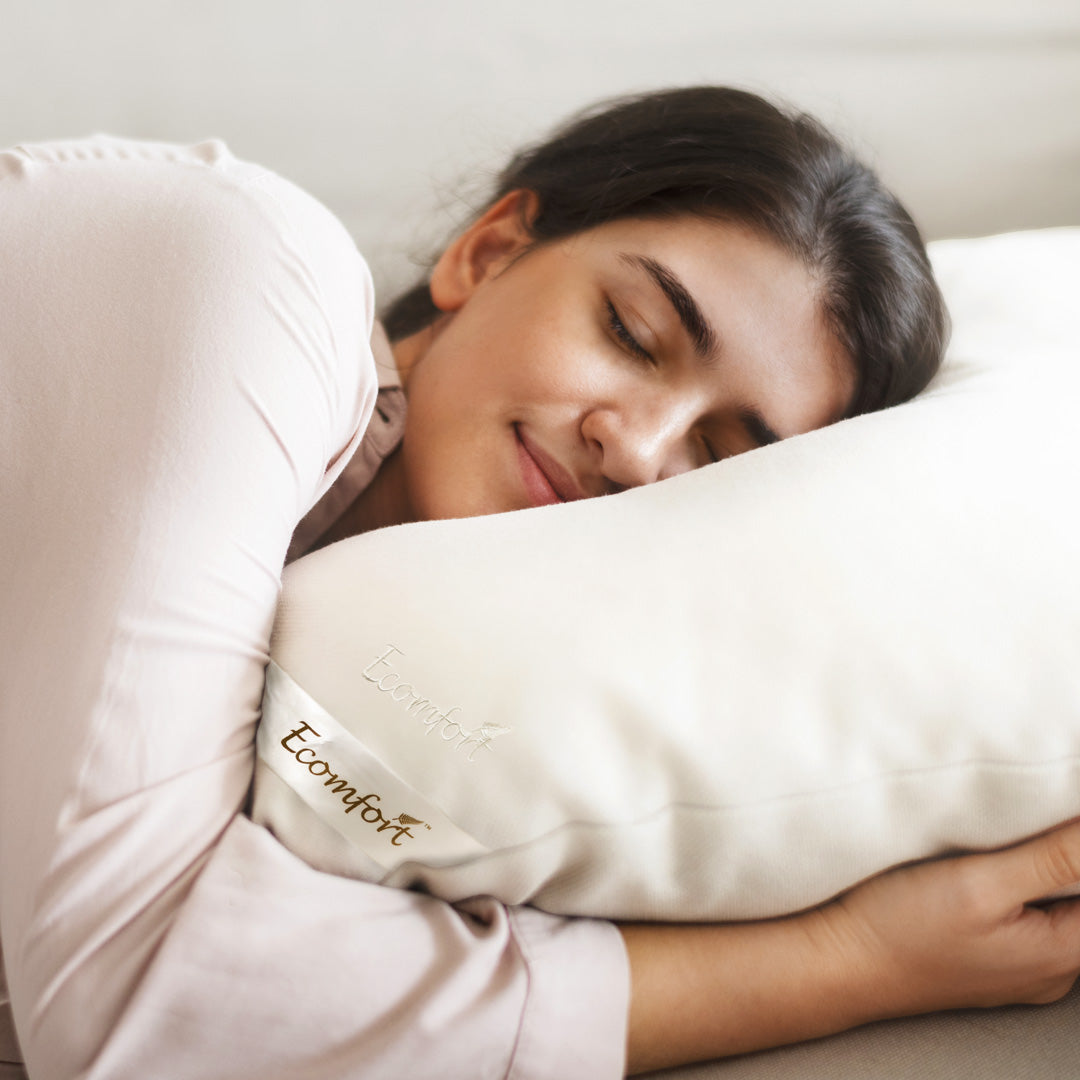Let Sleeping Dogs Lie
Everybody needs a sleeping buddy. Whether it be your partner or a pillow, there’s a special comfort in getting to snuggle your way to sleep. Pets are no exception to this. Getting some cosy cuddles from your fur baby can provide a whole bunch of health benefits in all ways physically, mentally, and emotionally.
Snoozing with your furry companions can promote a healthy heart as patting your pet, or simply being around them, can reduce your blood pressure. These interactions also create an effect in your brain as happy hormones like serotonin and dopamine are released, both of which can lower stress levels and decrease a feeling of loneliness, which in turn can ease the effects of depression. Great! But how does this help with sleep? A study from Social Indicators Research found that people with pets were less likely to take sleeping pills and could fall asleep naturally. It also comforts those who suffer from any sleep-disturbing chronic pains as the companionship helps to create distractions from the worry and pain.
Dozing with your little pal may also benefit your mental health, especially with anxiety and depression. Pets provide warmth and pressure with an effect like a weighted blanket, especially if you’re cuddling or snuggling with them. This sense of comfort and security can also help those with post-traumatic stress disorder. PTSD service dogs are trained to identify when someone is having a nightmare so they can wake them up. Dogs can also objectively increase security by deterring property crime, a study of American Women showing those who slept with their dogs felt more comforted and secure. However, don’t worry all you cat people out there, sleeping near any pet can increase oxytocin levels which is associated with relaxation and stress reduction.
Let’s stop being selfish for a moment, this goes both ways. Not only does sleeping with your pet benefit you but also your little sleeping buddy. Being next to their human companions reduces their anxiety and reactions to external factors like noise, weather, and fireworks.
HOWEVER, sleeping with your fur babies may not work for everybody. Just like a partner, pets move around, take up your space, and - worst of all - snore. Cats are crepuscular, and dogs are polyphasic sleepers so they’re awake at different times all through the night. And so-help you there is a sound or abnormal movement, they could be waking you up every time an owl hoots. People are four times more likely to wake up when the pet they share their bed with is active. You also shouldn’t share the bed if:
- Your pet isn’t house trained (they may have an accident)
- You’ve recently adopted them (let them get used to the space first)
- Or either of you have health issues (such as being sick or injured) They can also irritate any possible allergies that you could otherwise manage with medication.
Whether the benefits outweigh the risks all depends on you, your pet, and your unique situation. Maybe you could meet it halfway and instead of sleeping on your bed your pet could sleep elsewhere in the room. Whatever you choose here are a couple of tips:
- Wash your bedding regularly (no one can get a good sleep in stinky sheets)
- Exercise your pet before bedtime.
- Keep a bedtime routine.
- Don’t allow any aggression.
With all of that said: happy snuggling!









